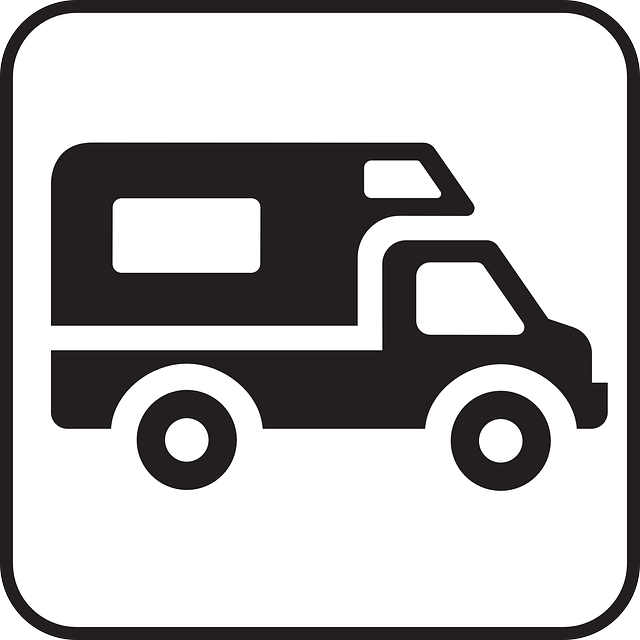Ontario’s utility trailer regulations are an essential guide for owners and operators, ensuring safe and compliant usage of these versatile vehicles. This comprehensive article navigates the key aspects of managing utility trailers in the province, including registration, insurance, safety standards, and maintenance. Whether you’re a seasoned trailer owner or new to the scene, understanding these regulations is crucial for hassle-free operation and adherence to local laws. Discover the essential steps to stay legal and safe on Ontario’s roads with your utility trailer.
- Understanding Ontario's Utility Trailer Regulations: An Overview
- Registration and Licensing Requirements for Utility Trailers
- Insurance and Liability Considerations for Utility Trailer Owners
- Safety Standards and Maintenance Tips for Ontario's Utility Trailers
Understanding Ontario's Utility Trailer Regulations: An Overview
In Ontario, understanding and adhering to utility trailer regulations is crucial for anyone operating or planning to use a utility trailer. These regulations are in place to ensure safety on roads and protect the environment. Utility trailers nearby must comply with specific size, weight, and registration requirements set by the province. The Ontario Ministry of Transportation (MTO) oversees these rules, which cover everything from lighting and brake systems to load securement and vehicle maintenance.
Knowing the regulations is essential for utility trailer owners and renters alike. Properly registered and inspected trailers help prevent accidents and fines. Ontario’s guidelines also promote responsible waste management, as there are strict rules regarding the transport of hazardous materials. Staying informed about these regulations ensures that utility trailers nearby operate safely and legally, contributing to a smoother and more secure transportation experience for all road users.
Registration and Licensing Requirements for Utility Trailers
In Ontario, utility trailers require proper registration and licensing to be operated legally on public roads. Owners or operators must register their trailers with the appropriate government agency, typically the Ministry of Transport (MOT). This involves submitting necessary documents, including proof of ownership, to obtain a unique registration number and license plate for the trailer. The process is designed to ensure safety standards are met, facilitating efficient navigation for utility trailers nearby.
Additionally, drivers operating these vehicles must possess a valid driver’s license that allows them to tow and drive such trailers. Local regulations may also have specific requirements regarding trailer size, weight limits, and safety equipment, so it’s crucial to familiarize yourself with the rules before hitting the road with your utility trailer nearby.
Insurance and Liability Considerations for Utility Trailer Owners
Utility trailer owners in Ontario, Canada, must be aware of the legal and financial responsibilities associated with their vehicles, especially when operating them on public roads. Insurance is a critical aspect of owning any vehicle, including utility trailers nearby. It protects you against potential risks and liabilities that may arise during use or storage. Given the diverse nature of these trailers—from small equipment carriers to larger mobile homes—the insurance requirements can vary significantly.
Liability considerations are equally important. Ontario’s regulations hold trailer owners accountable for any damage or injury caused by their vehicles, whether they’re in motion or stationary. Proper insurance coverage ensures that you and your assets are protected if an incident occurs, such as a collision, property damage, or even personal injuries to others involved. Understanding the specific insurance needs for utility trailers nearby is essential for responsible ownership and adherence to legal requirements.
Safety Standards and Maintenance Tips for Ontario's Utility Trailers
Utility trailers are a common sight in Ontario, used by folks for various tasks around their homes or businesses. However, proper safety standards and maintenance are paramount when it comes to these workhorses. Regular checks ensure your utility trailer nearby is in optimal condition, enhancing safety on the road and preventing unexpected breakdowns.
Focus on key aspects like tire pressure and wear, brake functionality, lighting systems, and hitch stability. Addressing issues promptly not only prevents accidents but also ensures compliance with Ontario’s regulatory standards. Remember, a well-maintained utility trailer not only enhances your efficiency but also contributes to a smoother, safer experience while navigating Ontario’s roads.
Navigating Ontario’s utility trailer regulations is essential for owners and users of these versatile vehicles. By understanding the registration, licensing, insurance, and safety standards outlined in this comprehensive guide, folks can ensure they’re in compliance while making informed decisions regarding their utility trailers nearby. Adhering to these guidelines fosters a safe and efficient environment for everyone on Ontario’s roads.




